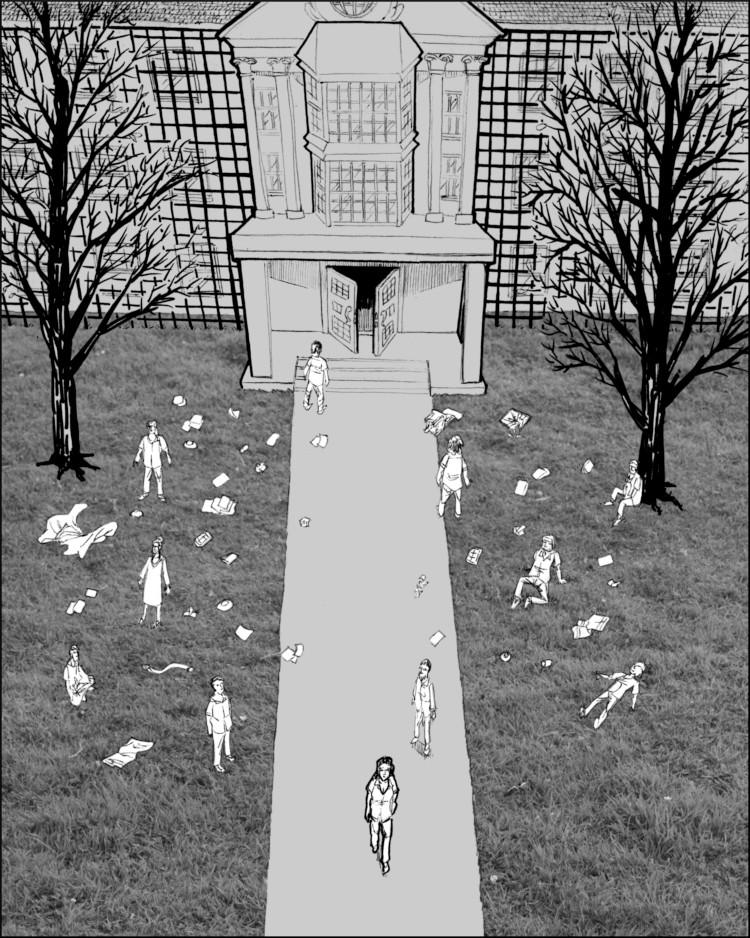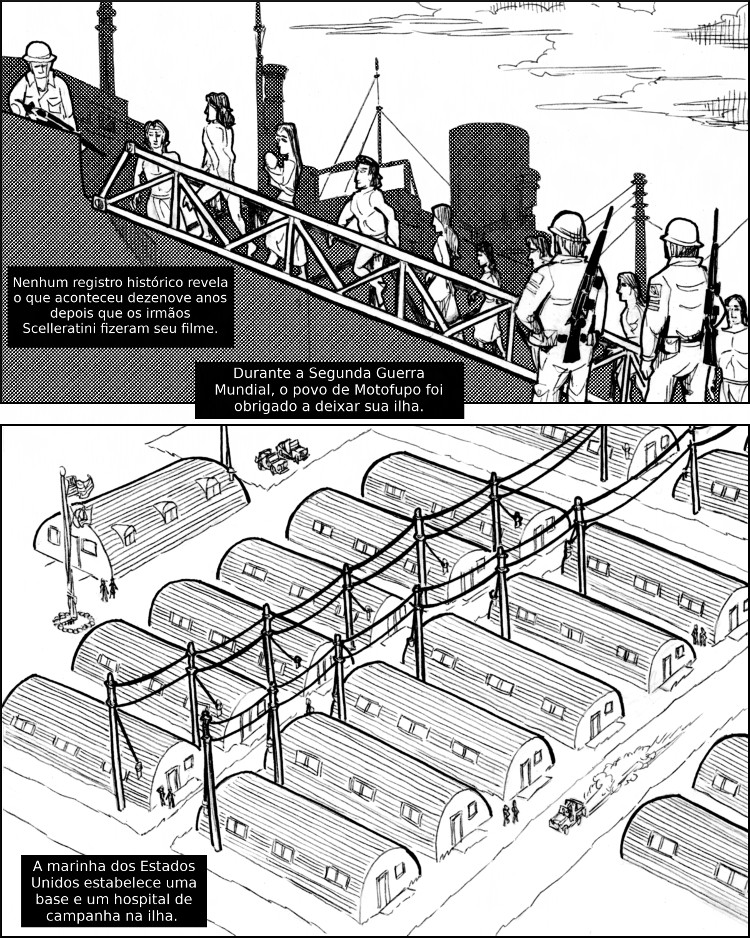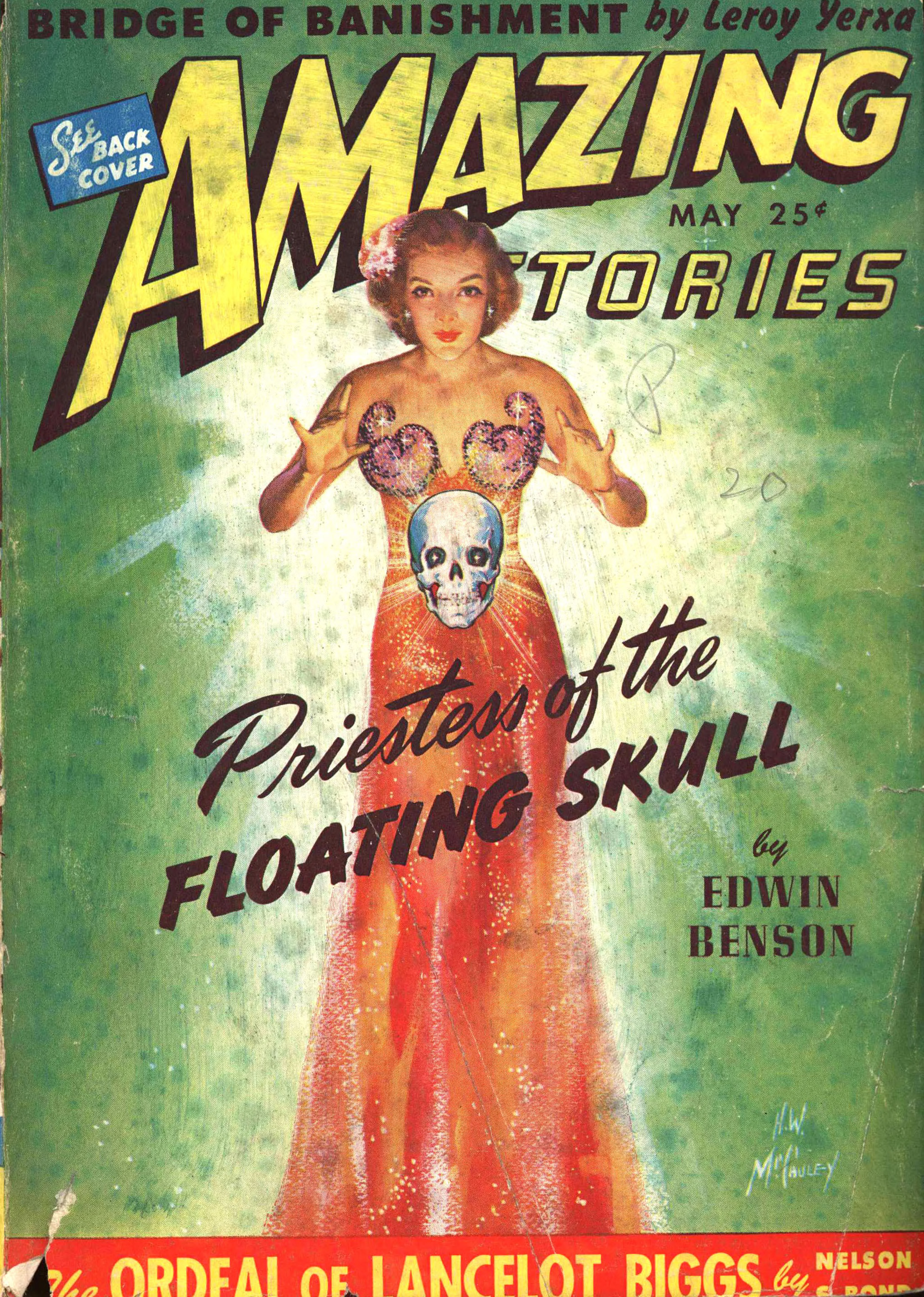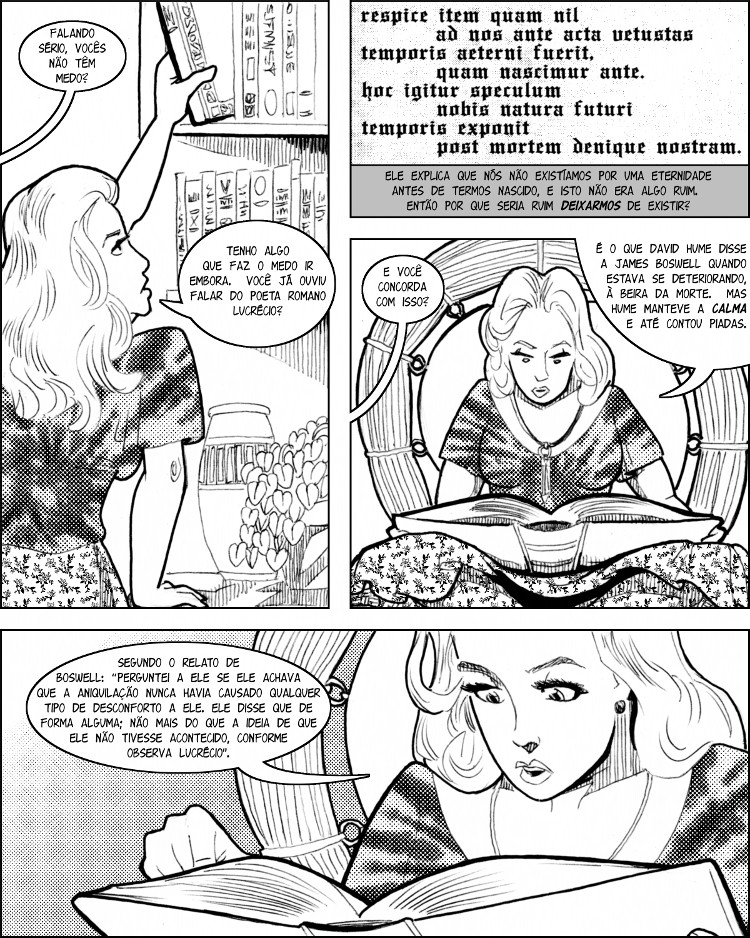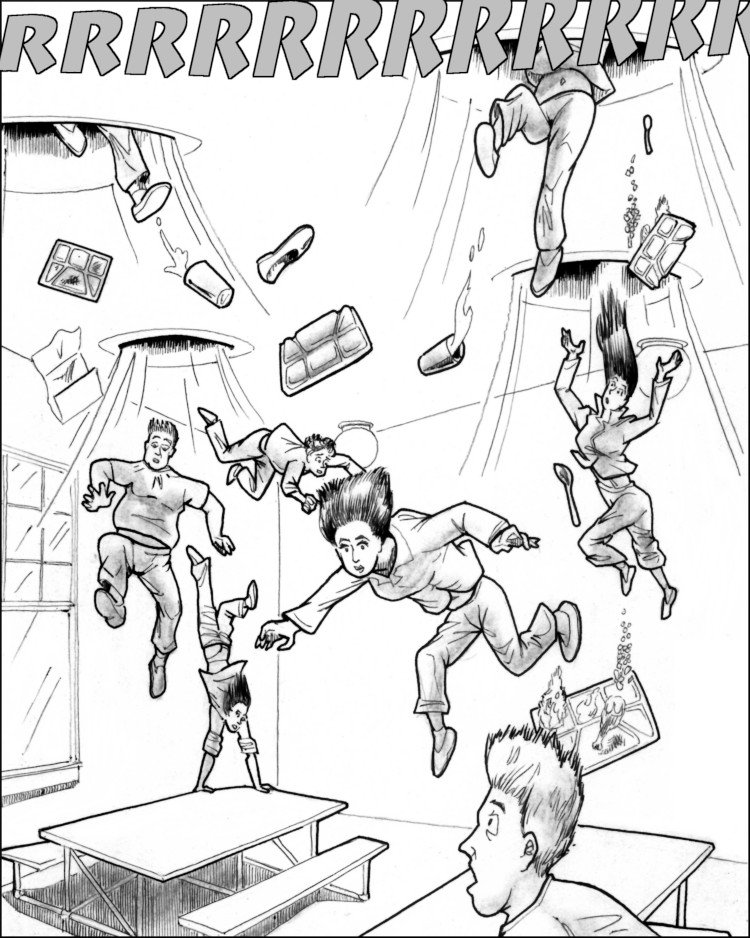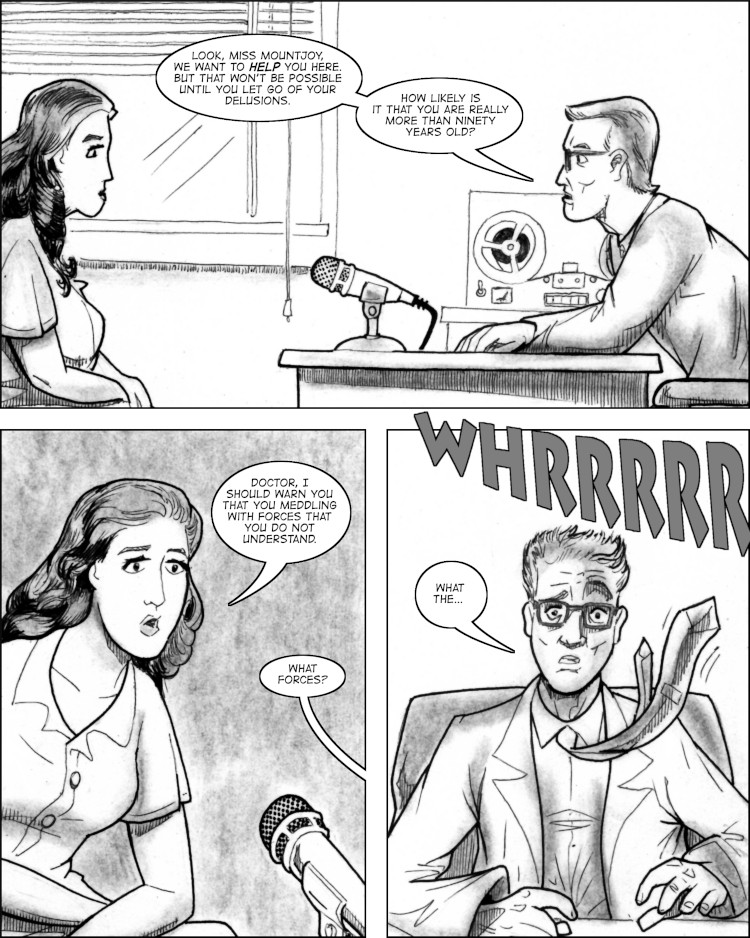
This work is licensed under a Creative Commons Attribution-NonCommercial-ShareAlike 4.0 International License.
Monthly Archives: December 2019
Aprenda português XII: A Isca 011

This work is licensed under a Creative Commons Attribution-NonCommercial-ShareAlike 4.0 International License.
PAGE 11 (Two panels)
Panel 1: A group of Motofupo people, looking grim, are walking up a gangway onto a ship, guarded by some U.S. Marines.
CAPTION – PSEUDO-NARRATION (1): No historical record discloses what happened nineteen years after the Scelleratini brothers made their movie.
Translation (1): Nenhum registro histórico revela o que aconteceu dezenove anos depois que os irmãos Scelleratini fizeram seu filme.
CAPTION – PSEUDO-NARRATION (2): During World War II, the Motofupo people were compelled to leave their island.
Translation (2): Durante a Segunda Guerra Mundial, o povo de Motofupo foi obrigado a deixar sua ilha.
Panel 2: A helicopter shot showing a space with quonset huts and the tiny figures of busy Navy personnel scurrying around doing important wartime tasks.
CAPTION – PSUEDO-NARRATION (3): The United States Navy established a base and a field hospital there.
Translation (3): A marinha dos Estados Unidos estabelece uma base e um hospital de campanha na ilha.
![]()
![]() A Isca (Português/Versão em página longa)
A Isca (Português/Versão em página longa)
A Isca (Português/Versão em carrossel)
Amazing Priestess
She’s a priestess with a floating skull (and a nicely translucent dress). Harold W. McCauley provided this cover painting for Amazing Stories for May 1943, and also kept busy providing interior cheesecake, for example for Richard O. Lewis’s story “Adam’s Eve.”
This issue of Amazing Stories is available to read and download at the Internet Archive.
Learning from Elders: Chapter 5, Page 7

This work is licensed under a Creative Commons Attribution-NonCommercial-ShareAlike 4.0 International License.
Aprenda português XI: A Isca 010

This work is licensed under a Creative Commons Attribution-NonCommercial-ShareAlike 4.0 International License.
PAGE 10 (Four panels)
Panel 1: Still in the same apartment where the interview is taking place, but Eliza is now on tiptoes taking a heavy book down from a a high shelf.
Unseen interviewer (1): Seriously, aren’t you afraid?
Translation (1): Falando sério, vocês não têm medo?
Eliza (2): I have something to make the fear go away. Have you heard of the Roman poet Lucretius?
Translation (2): Tenho algo que faz o medo ir embora. Você já ouviu falar do poeta romano Lucrécio?
Panel 2: Close-up around some text, the following lines from Lucretius’s De rerum natura, set in a very old typeface or (better if possible) as medieval manuscript: “respice item quam nil ad nos ante acta vetustas/temporis aeterni fuerit, quam nascimur ante./hoc igitur speculum nobis natura futuri/temporis exponit post mortem denique nostram.”
CAPTION – ELIZA NARRATING (3): He explains that we didn’t exist for an eternity before being born, and that wasn’t bad. So why should it be bad once we stop existing?
Translation (3): Ele explica que nós não existíamos por uma eternidade antes de termos nascido, e isto não era algo ruim. Então por que seria ruim deixarmos de existir?
Panel 3: Eliza, now sitting cross-legged in her big wicker chair. She has the large book she brought down in Panel 1 resting open on her lap. She’s pointing down at something on a page.
Unseen interviewer (4): And you buy that?
Comment (4): “And you buy that?” is an idiom in American English, the literal meaning of which is “Do you really believe that?”
Translation (4): Unseen interviewer (4): E você concorda com isso?
Eliza (5): It’s what David Hume told James Boswell as Hume was wasting away, about to die. But Hume was calm and even told jokes.
Translation (5): É o que David Hume disse a James Boswell quando estava se deteriorando, à beira da morte. Mas Hume manteve a calma e até contou piadas.
Panel 4: Eliza looking down at the page of the book open on her lap, reading.
Eliza (6): From Boswell’s account: “I asked him if the thought of annihilation never gave him any uneasiness. He said not the least; no more than the thought that he had not been, as Lucretius observes.”
Comment (6): Eliza is quoting from a real literary work, James Bosewell’s Life of Johnson. If there is a public domain version of the Life in your target language, you are encouraged to substitute its text for your own translation.
Translation (6): Segundo o relato de Boswell: “Perguntei a ele se ele achava que a aniquilação nunca havia causado qualquer tipo de desconforto a ele. Ele disse que de forma alguma; não mais do que a ideia de que ele não tivesse acontecido, conforme observa Lucrécio”.
![]()
![]() A Isca (Português/Versão em página longa)
A Isca (Português/Versão em página longa)
A Isca (Português/Versão em carrossel)
“You’ve done it! You’ve shot her to Venus!”
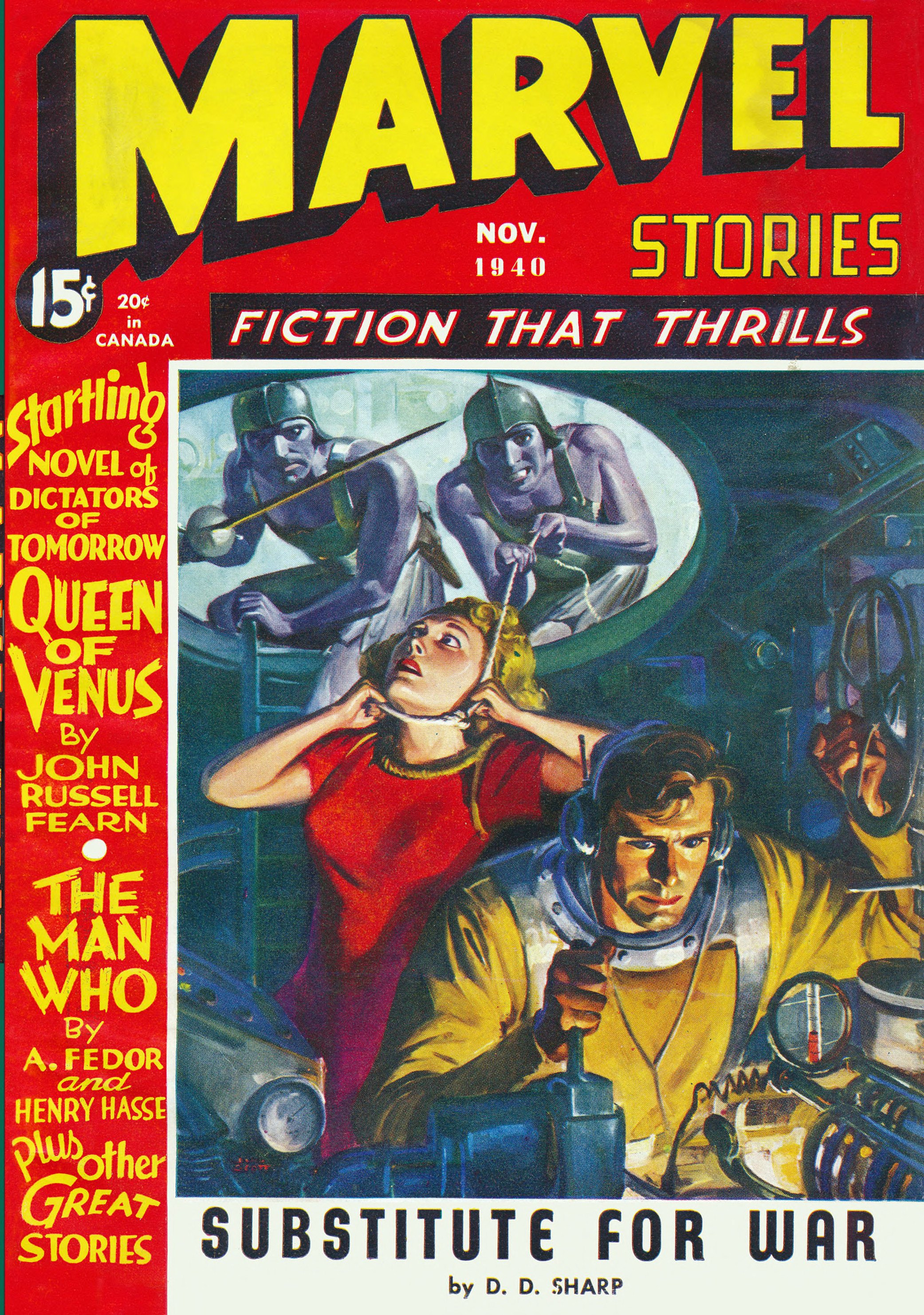
A pretty remarkable example of male cluelessness here on the November 1940 cover of Marvel Stories (later Marvel Science Stories). It was painted by James W. Scott (1907-1987) whose long career began in pulps and trekked through men’s adventure magazines before doing murals and western art, with a stint as a World War II combat engineer in there somewhere.
The real eye-catcher here, though, is another one of those frustratingly uncredited interior pieces, an early example of tube-girl art. As with other pieces, I’ve stitched it together as it was spread across pages.
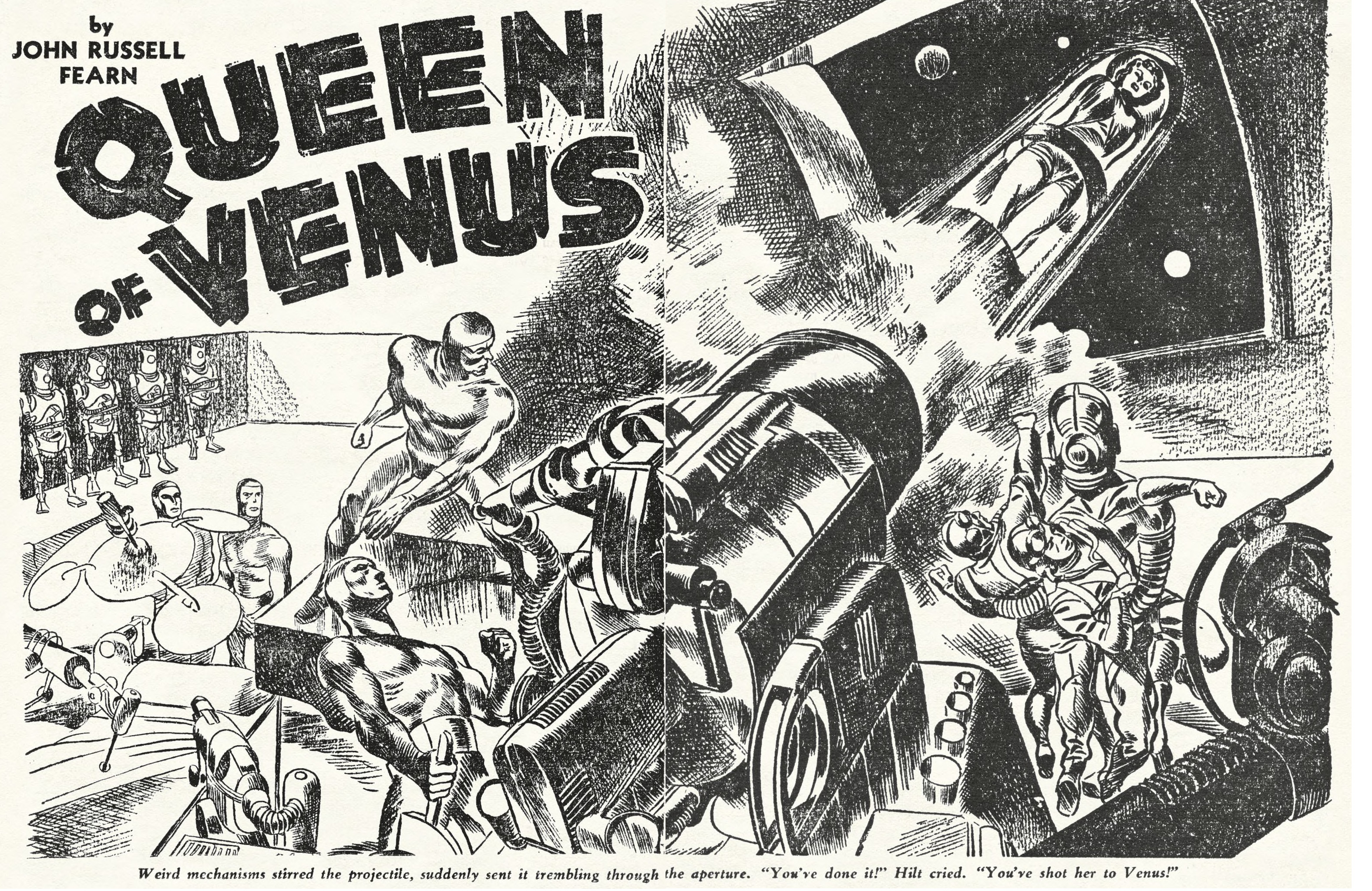
Hat tip for finding this one goes to Pulp Covers:
This issue of Marvel Stories is available to read and download at the Internet Archive.
Learning from Elders: Chapter 5, Page 6

This work is licensed under a Creative Commons Attribution-NonCommercial-ShareAlike 4.0 International License.
Aprenda português X: A Isca 009
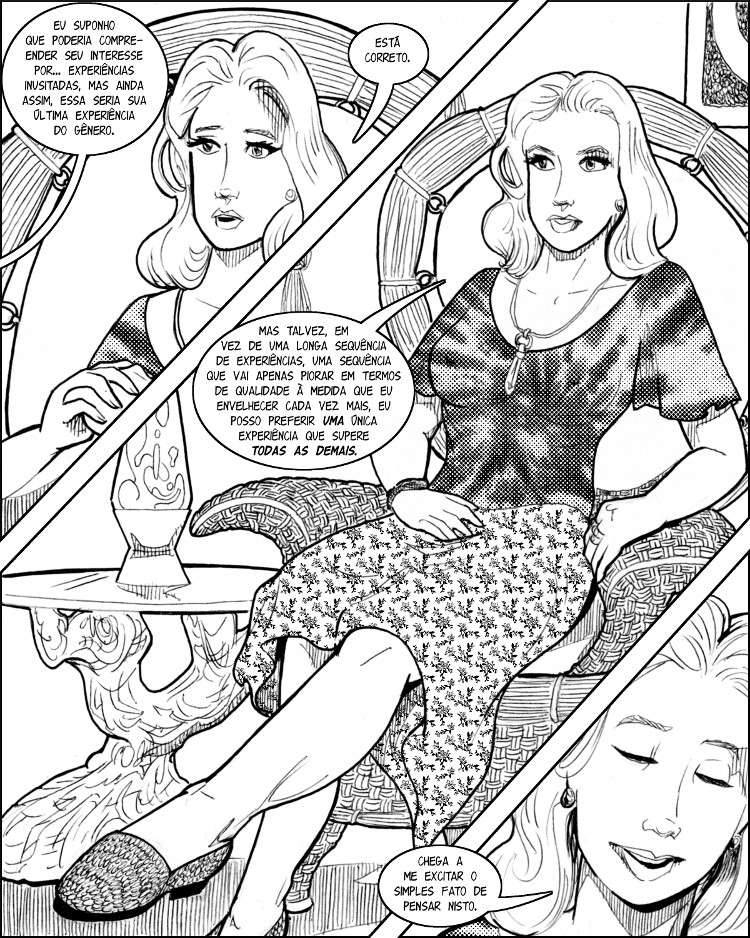

This work is licensed under a Creative Commons Attribution-NonCommercial-ShareAlike 4.0 International License.
PAGE 9 (Three panels)
Panel 1: Eliza in her wicker chair, being interviewed. She looks like she’s listening intently to to the interviewer’s question.
Unseen interviewer (1): I suppose I can understand your interest in…unusual experiences, but still, this would be your last such experience.
Translation (1): Eu suponho que poderia compreender seu interesse por… experiências inusitadas, mas ainda assim, essa seria sua última experiência do gênero.
Eliza (2): That’s right.
Translation (2): Está correto.
Panel 2: Eliza stretched out on her wicker chair, one leg extended long, her hand settled between her legs.
Eliza (3): But perhaps instead of a long string of experiences, a string that’s just going to diminish in quality as I get older and older, I might want to have one experience that surpasses them all.
Translation (3): Mas talvez, em vez de uma longa sequência de experiências, uma sequência que vai apenas piorar em termos de qualidade à medida que eu envelhecer cada vez mais, eu posso preferir uma única experiência que supere todas as demais.
Panel 3: Close-up on Eliza’s face. Her eyes are closed.
Eliza (4): It sort of gets me hot just thinking about it.
Comment (4): “Gets me hot” is a colloquial expression meaning “causing me to be sexually aroused.”
Translation (4); Chega a me excitar o simples fato de pensar nisto.
![]()
![]() A Isca (Português/Versão em página longa)
A Isca (Português/Versão em página longa)
A Isca (Português/Versão em carrossel)
Some good postwar Erotic Mad Science pulp
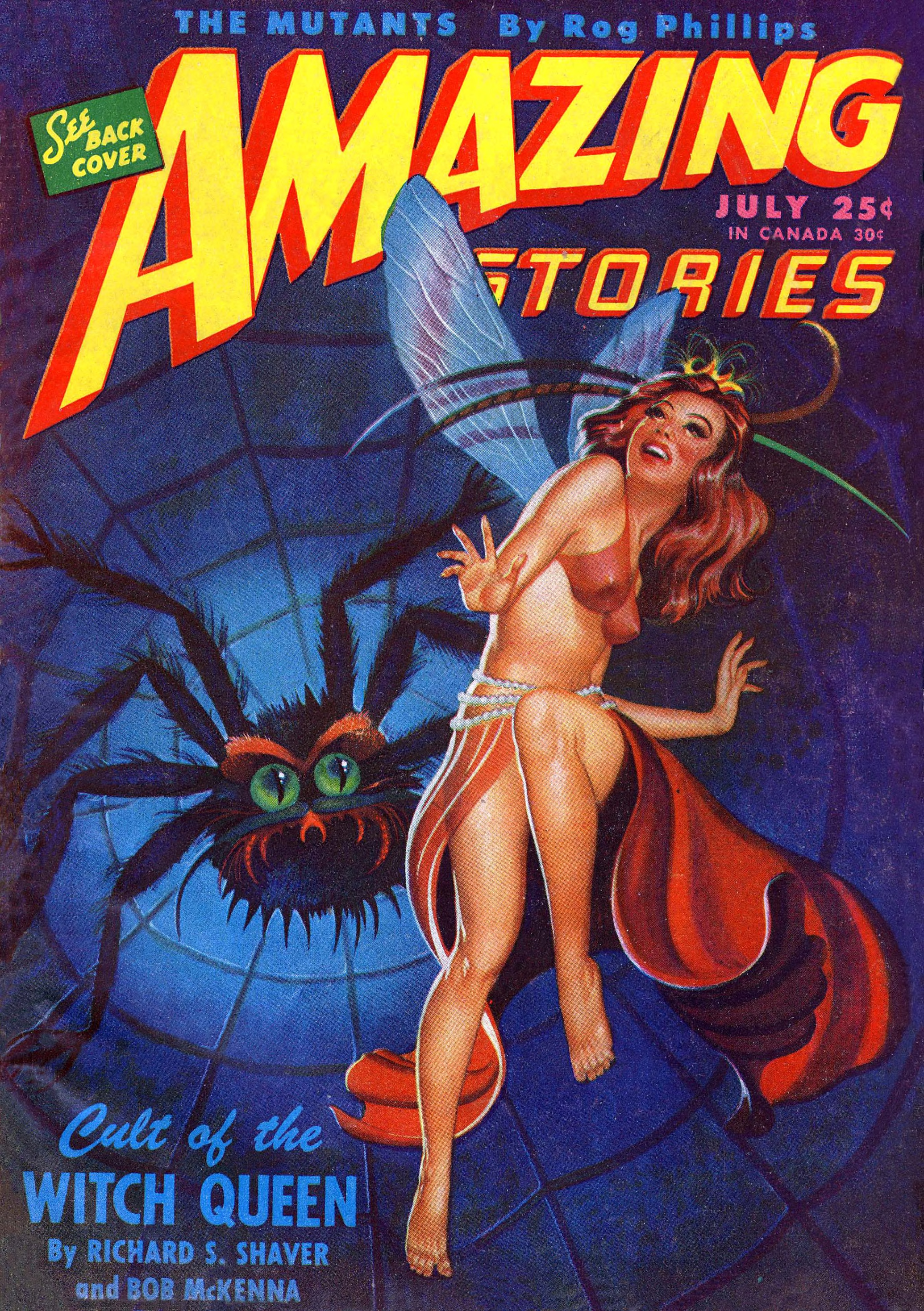
Amazing Stories for July 1946 has a well-executed cover by Walter Parke, about whom I have been able to find out very little aside from his being born in 1909 Little Rock, Arkansas, and that he appears to have been a classically-trained fine artist for whom this sci-fi cover might have felt like slumming. Certainly it is fine fuel for those who like to imagine what the wicked spider will do with the pretty fairy once he has ensnared her.
The first big piece of interior art is something impressive and very mad science, done by the prolific Malcolm Smith, whose work we have seen here before. As published this illustration for McKenna and Shaver’s story “The Witch Queen” stretched across two pages. I’ve stitched it back together as best I was able; discerning eyes will note that my work is not perfect. It’s big in original size, you you may wish to click and download.
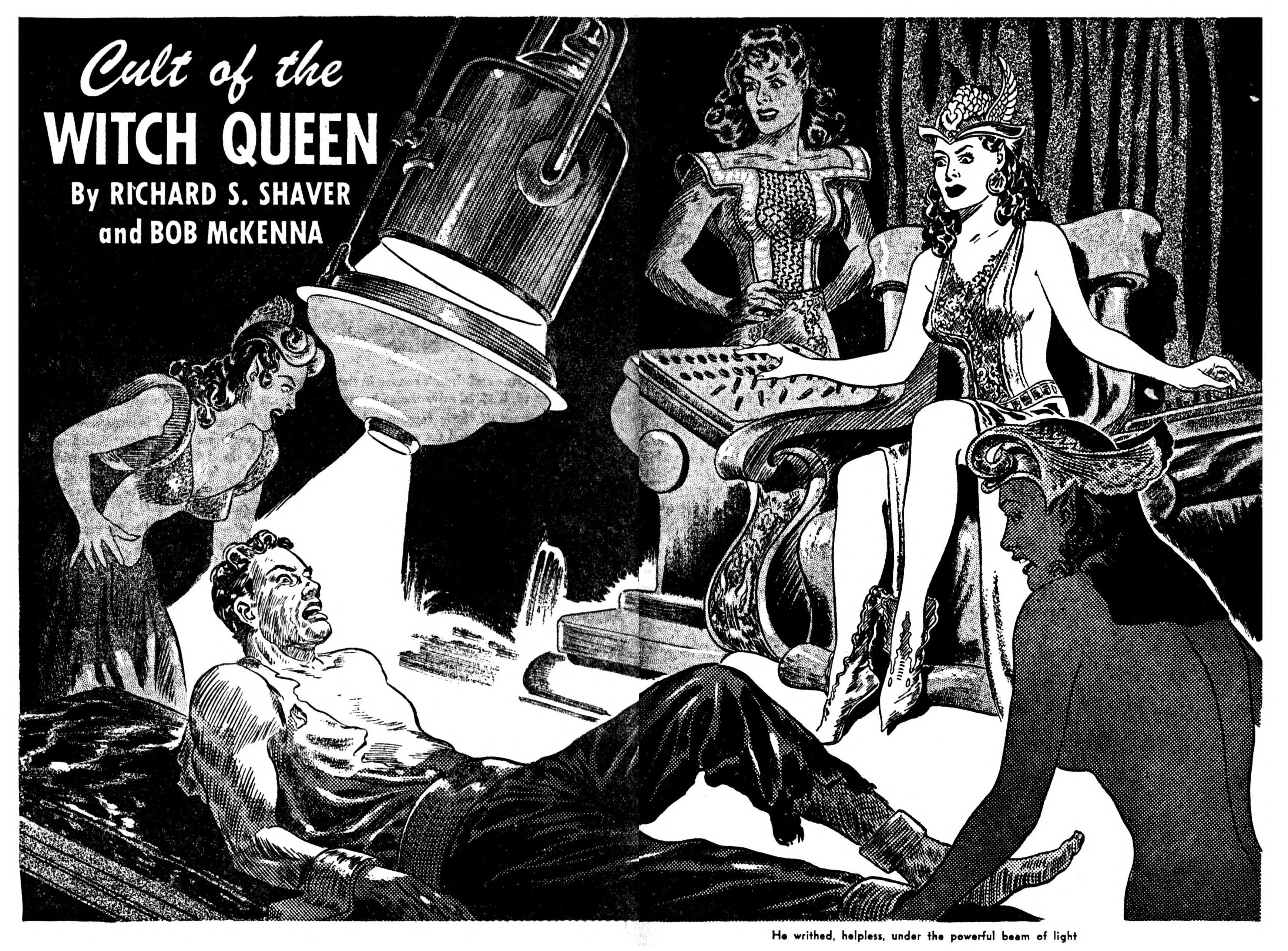
This issue of Amazing Stories is available to read and download at the Internet Archive.
Learning from Elders: Chapter 5, Page 5

This work is licensed under a Creative Commons Attribution-NonCommercial-ShareAlike 4.0 International License.

